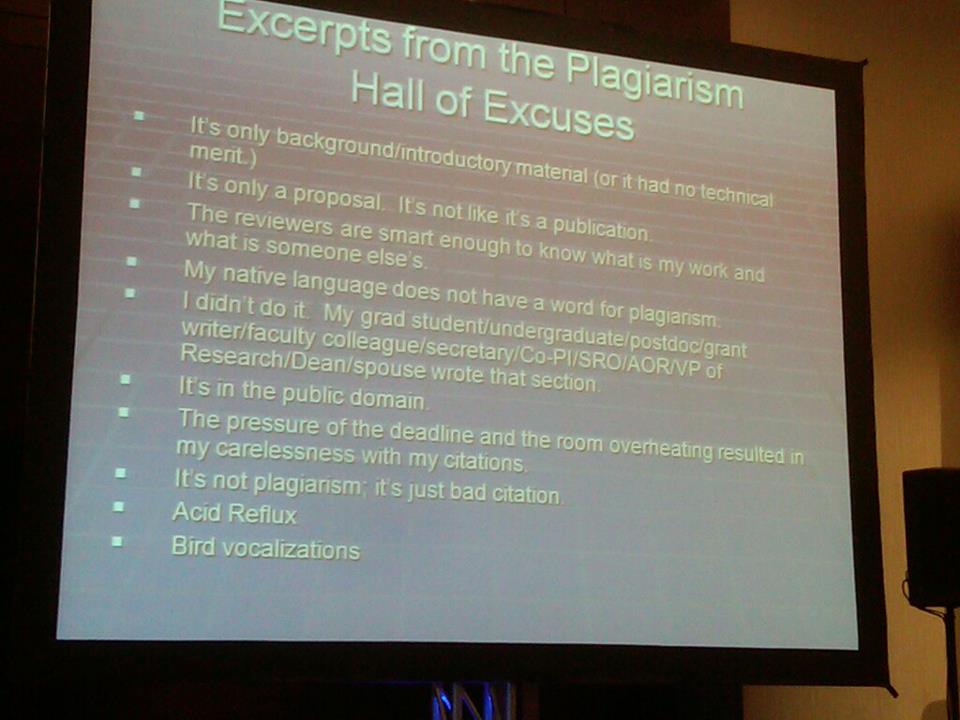
Some Retraction Watch readers may recall that back in 2012, we called, in The Scientist, for the creation of a Transparency Index. Over the years, we’ve had occasional interest from others in that concept, and some good critiques, but we noted at the time that we did not have the bandwidth to create it ourselves. We hoped that it would plant seeds for others, whether directly or indirectly.
With that in mind, we present a guest post from Anita Bandrowski, who among other things leads an initiative designed to help researchers identify their reagents correctly and has written for Retraction Watch before. She and colleagues have just posted a preprint titled “Rigor and Transparency Index, a new metric of quality for assessing biological and medical science methods” in which they describe “an automated tool developed to review the methods sections of manuscripts for the presence of criteria associated with the NIH and other reporting guidelines.”
Science seems to publish many things that may be true or interesting — but perhaps not both. Ideally all of science should be both true and interesting, and if we were to choose one, my hope would be to choose true over interesting.
Continue reading Has reproducibility improved? Introducing the Transparency and Rigor Index






